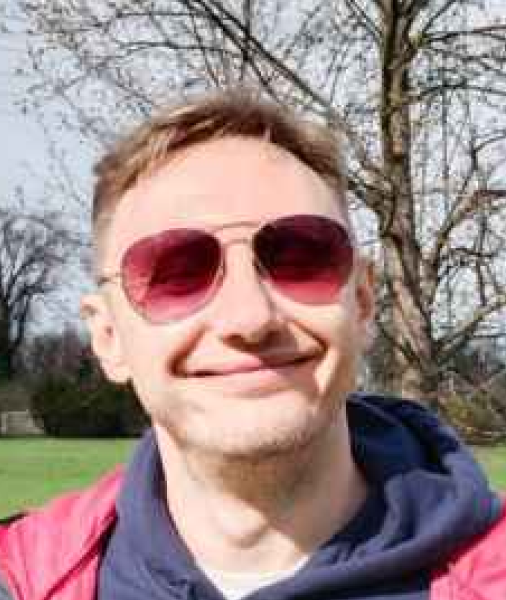
Łukasz Grabowski
University of Opole, Poland
About the keynote speaker
↗️ Łukasz Grabowski is Professor of Linguistics at the Institute of Linguistics, University of Opole, Poland. His main research interests include corpus linguistics, formulaic language, translation studies and computer-assisted methods of text analysis. In 2013, he was a post-doctoral research fellow at the Centre for Advanced Research on English (CARE) at the University of Birmingham (UK). He also worked at the University of Ostrava (Czechia) and, on a number of corpus projects, at the University of Łódź (Poland) and Aston University (UK).
↗️ Łukasz is an editorial board member of English for Specific Purposes and Applied Corpus Linguistics. He has recently published on semantic prosody, phraseology markers and breakers, as well as on formulaic language in translation and interpreting. He is currently interested in the application of multifactorial statistics in explanatory research on decisions made by translators, notably when dealing with repetition in texts.
Keynote presentation Corpus linguistics meets data science: a multifactorial approach to translation of reporting verbs in literary novels
↗️ In the last two decades, the range of statistical methods as well as data visualization techniques has expanded considerably. Nowadays, it is no surprise that in many language studies, notably corpus linguistic ones, researchers also make ample use of machine learning techniques popular in the field of natural language processing (NLP), also known as computational linguistics, as well as data science, which has become, in a sense, a separate discipline devoted to data analysis. This allows us to put forward not only descriptive or interpretative hypotheses, but also explanatory or predictive ones. For example, without the use of different regression methods (depending on the type of a dependent variable), it would have been impossible to verify the hypotheses explaining the occurrence of some linguistic features with a reliable degree of precision. As a case in point, I will talk about my recent explanatory research on translatorial decisions that focuses on the identification of the predictors of repetition or lexical variety in the translation of reporting verbs from English into Polish. Using a sample of 20 literary novels, I fit multiple negative binomial regression models with mixed effects to assess the effect that selected predictor variables (e.g. frequency of a source-text verb, its number of senses, length in characters etc.) have on the response variable, which is the number of different target language verb types a source text reporting verb is translated into Polish. In other words, I attempted to identify the factors that influenced the decisions made by the Polish translators. Apart from presenting my latest findings, I will also make an attempt at identifying the skills that may help aspiring corpus linguists to flourish in the research field in the 2020s, which will bring further challenges for researchers (e.g. further advances in research on artificial intelligence and large language models (LLMs), a growing volume of data that surround us etc.).